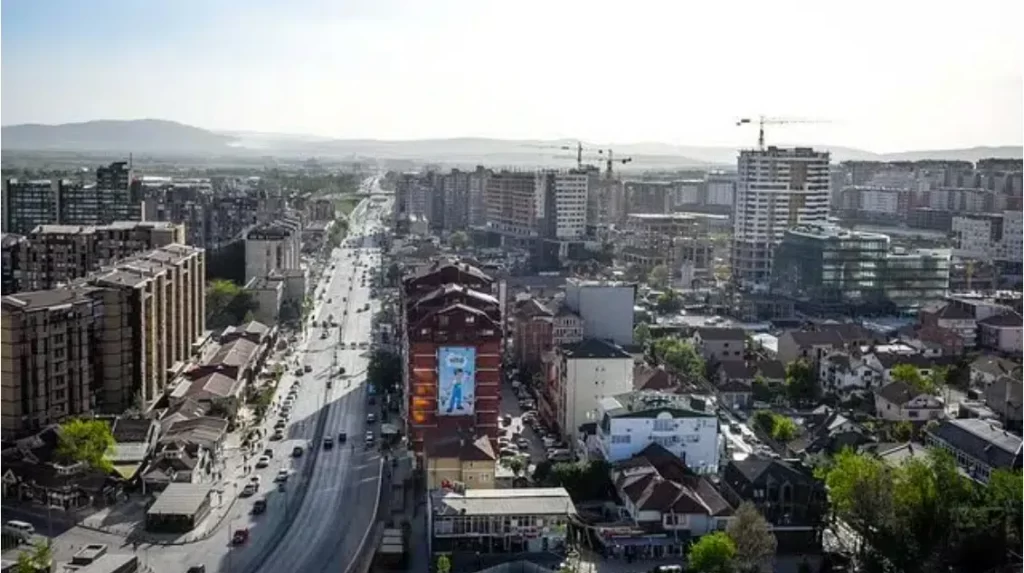Judges and prosecutors threaten three days of strike if the legal reforms that affect them are not withdrawn | Spain
Five associations of judges and prosecutors (all except the two progressive) have redoubled their pulse to the government: three days will go to the strike (June 1, 2 and 3) if the Executive does not withdraw The two legal reforms that are underway and that affect both careers: which provides changes in the form of access and the one that modifies the statute that regulates the Prosecutor’s Office to adapt it to the law that will leave the instruction of the criminal cases to the prosecutors.
The majority associations of the race, openly facing the PSOE and Add coalition government, had already threatened to go on strike After the protest they staged last week against the judicial venues throughout Spain. Finally, after consulting among its associates and without margin to negotiate with the Government in full political earthquake due to the revelations of the Civil Guard report on Santos Cerdán, a sector of judges and prosecutors have sent a letter to all members of both careers to announce a battery of mobilizations opted.
The first will be a concentration next Saturday, June 28 at 12.30 in front of the Supreme Court, in the Plaza de la Villa de Paris. « The chosen site is deeply symbolic and institutional. It is not a protest against any power of the State, but an externalization of the relevance of the Judiciary, in defense of its independence and its role as a guarantor of the fundamental rights of citizenship, » they say in the brief.
« This is the place where opponents who aspire to be part of our careers approve of their exams; a space that represents the culmination of long years of silent effort in search of excellence and entry to the public service from the principles of merit, capacity and equality. It is, therefore, an ideal scenario, iconic and loaded with institutional and civic meaning, » adds the letter, signed by the five convening associations: professional associations. The Magistracy, the Francisco de Vitoria Judicial Association, Independent Judicial Forum, the Association of Prosecutors and the Professional and Independent Association of Prosecutors. The two progressive associations, judges and judges for democracy and the progressive union of prosecutors have not been added, in general, the legal reforms promoted by the Executive.
The intention of the associations is to convert that protest to the Supreme into a general mobilization against legal changes, for which they invite all legal operators and « to the citizenship truly committed to the defense of an independent justice and to the service of the general interest. » « It is a strictly institutional concentration, regardless of any assignment or partisan claim, which does not address the Executive Power or against the Legislative, but has as its sole objective the defense of the Judiciary as a fundamental pillar of the rule of law, » they say.
This concentration will be added, the following week, a three -day strike, unless the Government removes the two legislative projects. In their brief, the associations ensure that they adopt this decision « leaving a previous reasonable period that allows the General Courts to reconsider the processing of legislative projects and proceed to their withdrawal. » If such rectification does not occur, they warn, the strike will be carried out « as a legitimate measure, proportionate, responsible and necessary for the defense of the fundamental principles of the rule of law, as well as the working conditions of judges and prosecutors. »
After the announcement of the strike of the associations, the Minister of Justice, Félix Bolaños, has published a message in X in which he claims the reforms: “The law expands and strengthens the judicial and fiscal career and guarantees the independence of the Judiciary. There is a parliamentary majority in favor of modernizing justice. Tomorrow, it will be a consensus. Maximum respect for the strike called, by debatable that are the reasons”.
One of the points that is finding the most resistance is the decision to introduce a written evidence and the anonymity of the applicants in the opposition to both careers, a format that already applies to the rest of the oppositions of the legal field and that the Government defends by the convenience of assessing, in addition to the memoristic capacity, the ability to express legal reasoning. For the most representative associations, however, it implies « an increase in subjectivity in the evaluation of judges and prosecutors. »
However, the two measures that have been most rejected are the two routes provided by the Government to increase the number of judges: to streamline access by the so -called fourth shift (reserved for renowned jurists) and extend this figure to the fiscal career; and an extraordinary stabilization process for the interinity situation of hundreds of substitute judges.








